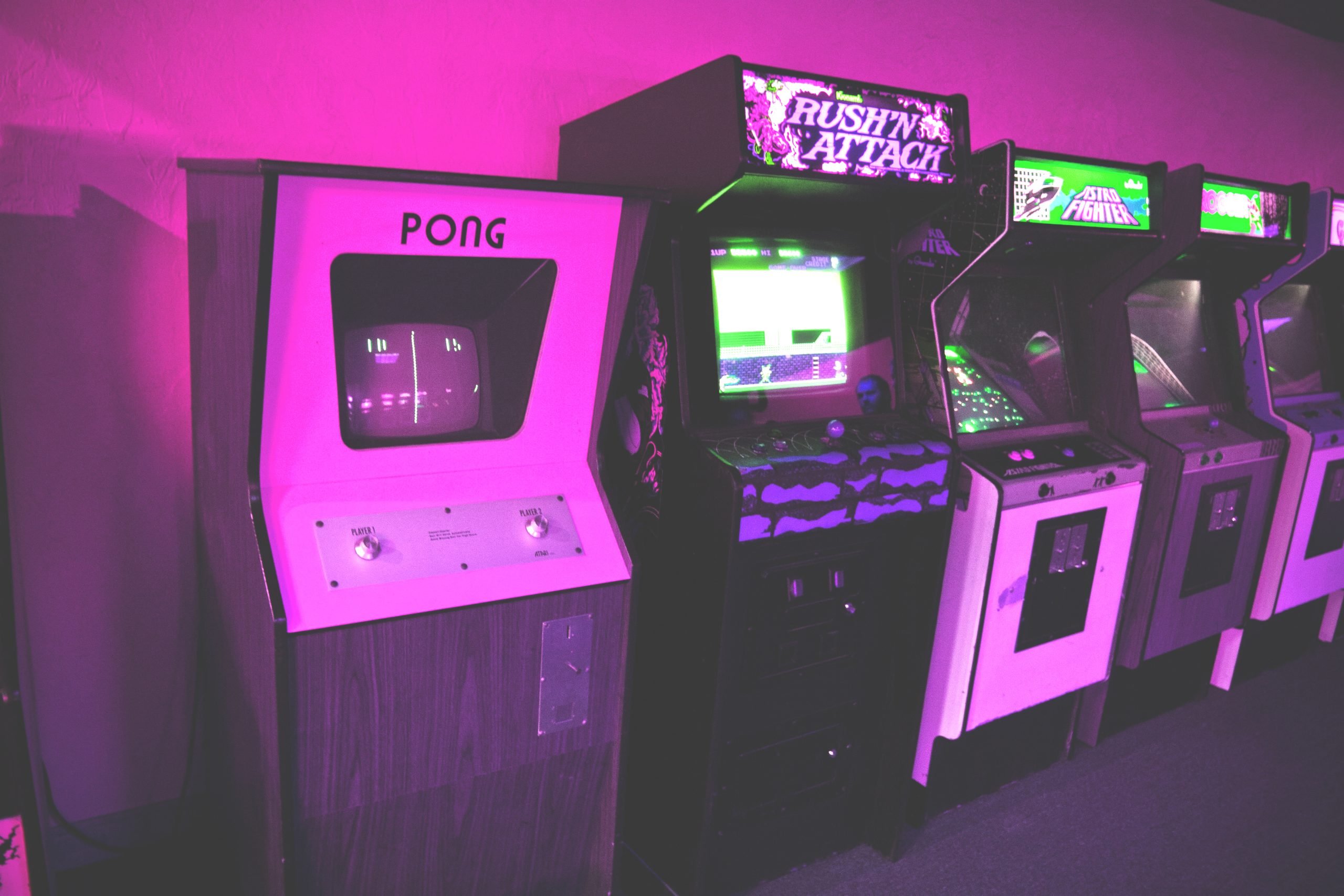There is perhaps one valid reason why throughout 2019, every newspaper outlet has enjoyed running stories about the damaging nature of videogames. They claim that consoles and controllers are turning today’s young people into mindless zombies, more concerned with getting endorphin hits from virtual accomplishments than getting fresh air, dancing around maypoles (or whatever Daily Mail readers did in their youth) and reading books.
The validity behind this is that playing games takes a really long time. Incredibly long. Thousands of Hours levelling up your character on League of Legends long. When I arrived at Oxford I was surprised at how few people actually played videogames, but I really shouldn’t have been.
These are people who have read, revised and rehearsed their way into one of the best universities in the world, to the point where they are telling you that you really didn’t get as much as you could have done from reading the Iliad since you only read it’s English translation, you pleb.
While there are gamers among them, who enjoy playing RPGs, FPSs or Minecraft, among most of the student body it doesn’t seem to have caught on as much as it has in the rest of the country. Even though I myself game offline, meaning that I tend to rack up considerably lower numbers than those committed to large online titles like Battlefield, League of Legends, or (of course) Fortnite, this has not spared me the gamer’s pale complexion.
Because when I finished playing The Witcher 3, having spent over 150 hours on it and the DLC, I then replayed the entire thing a year later. This is not even one of my top five games ranked in order of time spent on it. This may read slightly like a cry for help, but the truth is that I enjoyed these hundreds of hours and wouldn’t change anything.
However, I won’t deny that there have been some, often children, for whom their virtual life has grown in importance until they neglect basic human needs, like food and the necessity of going to the bathroom. These cases are often tragic, although it is unlikely that this happens without something else triggering it – bullying, grief or loneliness all might force someone to find solace in the virtual world, where flashing lights and an endless stream of positive reinforcement (through league table rankings or even a particular tune that plays when you win) are intoxicatingly appealing.
Adolescence is about deciphering identity, and during these raw years self-esteem can feel out of reach. The ability to design yourself and how you appear, then to create success, means that games become a sanctuary for the vulnerable.
But for the majority, gaming is like any other genre: it provides shared experiences and fuels conversations with new people. Finding another person with a similar taste in game to your own is exciting and perhaps relieving, knowing that the two of you will have a deep well of subjects to talk about, creating endless arguments and rivalries.
As with any subject that is adored by a significant number of people, there is a community. One that has been demonised, and does unfortunately have its dark corners, but which is mostly positive and thriving. And there are genuine relationships formed during those hours spent gaming online, or spent discussing the mistakes made in decision-based titles.
Videogames are not going anywhere. According to the Entertainment Retailers Association, by the end of 2018 videogames accounted for over half the entertainment market in the UK, worth 3.86 billion pounds.
This puts its worth at more than video and music put together. So with every generation of freshers that pours into Oxford, more and more will want to recover from essay crises and overbearing tutorials with gaming.
And I doubt it will take too long considering that we live in a nerd utopia: a haven from school days where caring too much about anything might be social anathema. Passion is not a burden but a requirement, and passion is what you need to fuel hours of gameplay, levelling up, progressing and rising up the ranks of other players.
Perhaps games have yet to be respected enough to catch on at an admittedly snobbish institution. For many all that there is to offer is mindless violence and destruction distilled into entertainment.
And in reality that is often still the case, with games focused around combat being the overwhelming majority of console titles – although the likes of Fortnite deliberately remove any blood or death animations. But there has been a slow change as games have tackled more serious subjects over recent years.
The Bafta winning Hellblade: Senua’s Sacrifice might not sound exactly cerebral, but its story follows a young woman tackling a debilitating mental illness. What Remains of Edith Finch follows the tragic history of a young woman as she revisits the home she grew up in and how the family suffered from bereavement along the way, while even the most recent instalment in the God of War franchise replaces its historic brutality and misogyny with an earnest portrayal of a difficult relationship between a father and son, and their mourning for a lost mother.
The videogame world has earned a huge market share and is using it to develop its own stories, challenges and puzzles which are deserving of serious attention from the world at large. So then while it might feel like a pressing issue that I rarely have time any more to level up my Skyrim Argonian warrior, at least I know that from now on, it is increasingly likely that more and more other students will be facing similar, devastating problems.
There are an abundance of discussions and condescending looks on subjects like music and film, and its definitely time that we start being equally pretentious about gaming. Not to mention how it would be nice to have everybody else as behind on holiday reading lists as I am.



